Joseph Sokol is used to reactions of disbelief when he sits down with technology industry bigwigs to pitch his startup, OlehPay, a payments website that enables users to inexpensively transfer dollars to Israeli bank accounts in the form of shekels.
“So you work for them?” they ask the lanky, yarmulke-clad 20-year-old. “You’re an intern? What’s your role? Who runs it?”
Sokol simply grins at their incredulity and informs them that it is, in fact, he who runs the startup, essentially by himself.
The company was born in March out of a problem Sokol himself faced. After graduating from YULA Boys High School on West Pico Boulevard, he moved to Jerusalem to study at a yeshiva, Machon Meir. After being “packed like sardines” into a single bedroom with five other students, he said he and a roommate decided to move out, but found that he couldn’t pay his rent without withdrawing a wad of cash from an ATM at a lousy exchange rate.
No service seemed to exist that solved the problem for him, a fact he attributes to a de facto oligopoly on banking in Israel.
Sokol thought if he was having this issue, there must be plenty of American olim — immigrants to Israel — dealing with the same thing. OlehPay (olehpay.co.il) seeks to solve that problem.
Here’s how it works: After creating an account with your email and password, you enter the amount you want to pay in shekels, followed by your billing information and the bank account number of the recipient, along with his or her name and bank branch.
Press a button, and the order is placed: The appropriate dollar amount is drawn from your bank account or credit card and shows up in the recipient’s account in shekels. The service charges a 1.99 percent fee on credit card transactions but is free for debit cards and never charges recipients.
Sokol alleges to be able to beat the individual rate consumers get from financial institutions. The front page of the OlehPay website offers a calculator for how much users can save against the bank rate by using it.
Nowadays, Sokol bounces back and forth between Los Angeles and Jerusalem, where he works out of the office of Forex Israel, the payments company that processes OlehPay transactions. He speaks conversational Hebrew and fluent startup-ese, gracefully conjugating terms of the trade, such as “use case” and “API” (application program interface).
The company is his foot in the door of what he says is a growth industry — online payments — pointing to a number of companies that have blossomed in that space, including PayPal and Square, a mobile device plug-in that takes credit card payments. As a sign of the ascendancy of the financial technology space, even Facebook has crafted a feature enabling users to pay one another via its messaging service.
So far, nearly $80,000 has passed through Sokol’s service from about 150 user accounts. While much of that sum comes from the types of use he imagined — large, recurring payments such as rent or mortgage — some people have begun using OlehPay to contract with Israeli professionals, like lawyers or software developers, from the United States, he said.
Sokol said that although he’s already received requests to branch out to pounds and other currencies, he won’t be expanding until he feels the service is on solid footing.
Part of the formula of his success is that by looking at the company’s slick website, one would be hard-pressed to finger OlehPay as the brainchild of a 20-year-old who went AWOL from college — after studying a year in Israel, Sokol spent a semester at UC Santa Barbara before deciding it wasn’t his scene. (“I like to think I’m autodidactic,” he explained.)
The web interface is sleek and touts a partnership with the popular Israeli online messaging board for English-speaking services, Janglo.net, where users can pay for work using OlehPay.
Despite his youth, Sokol is not an amateur in the world of entrepreneurship. At 14, he started a woodworking camp in his backyard in Beverlywood, where he says he taught more than a dozen teenagers how to use a hammer.
Then, before starting OlehPay, he and a partner he met in yeshiva sold a Hebrew learning application for $15,000, an experience he said provided him with the enthusiasm, connections and starting capital to launch his current venture.
Likewise, he sees OlehPay as a launching pad for bigger and better things.
“This is absolutely not where I’m going to stop,” he said. “Especially since I sort of gave up my college education for this.”







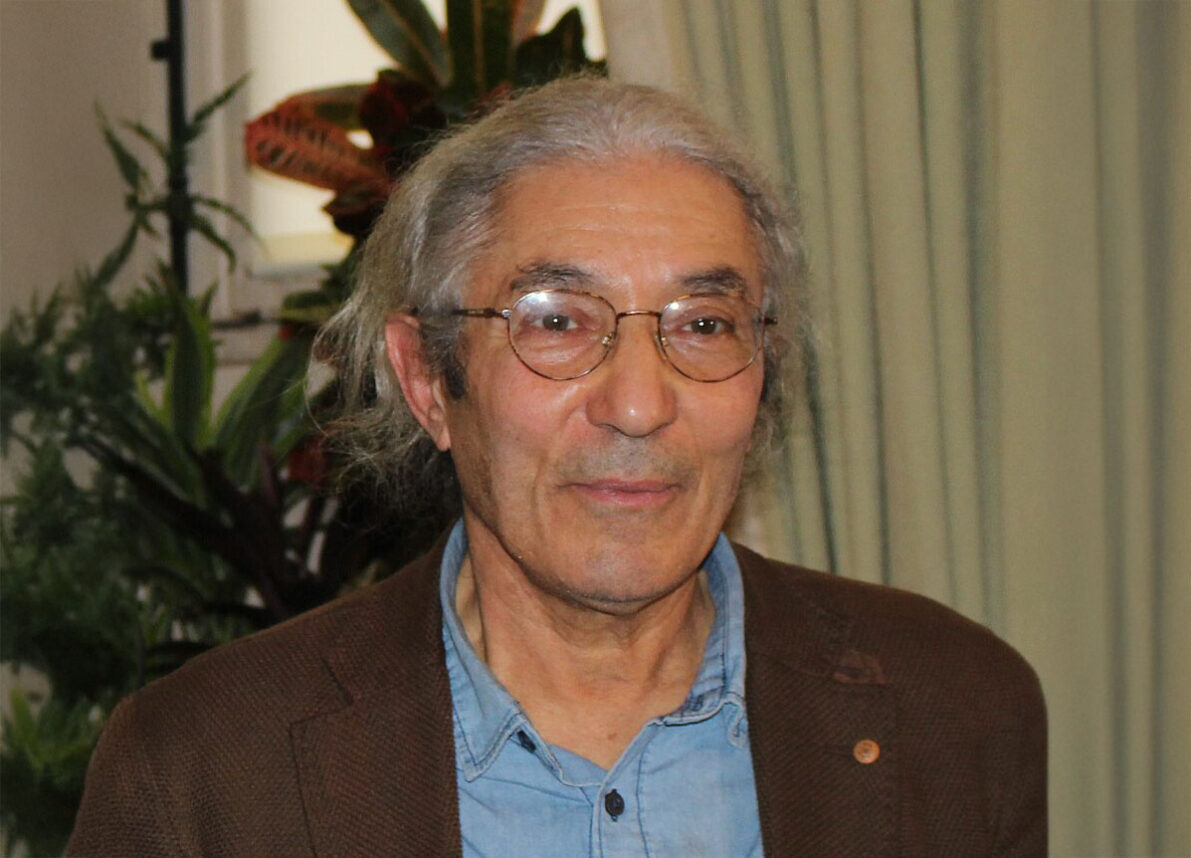



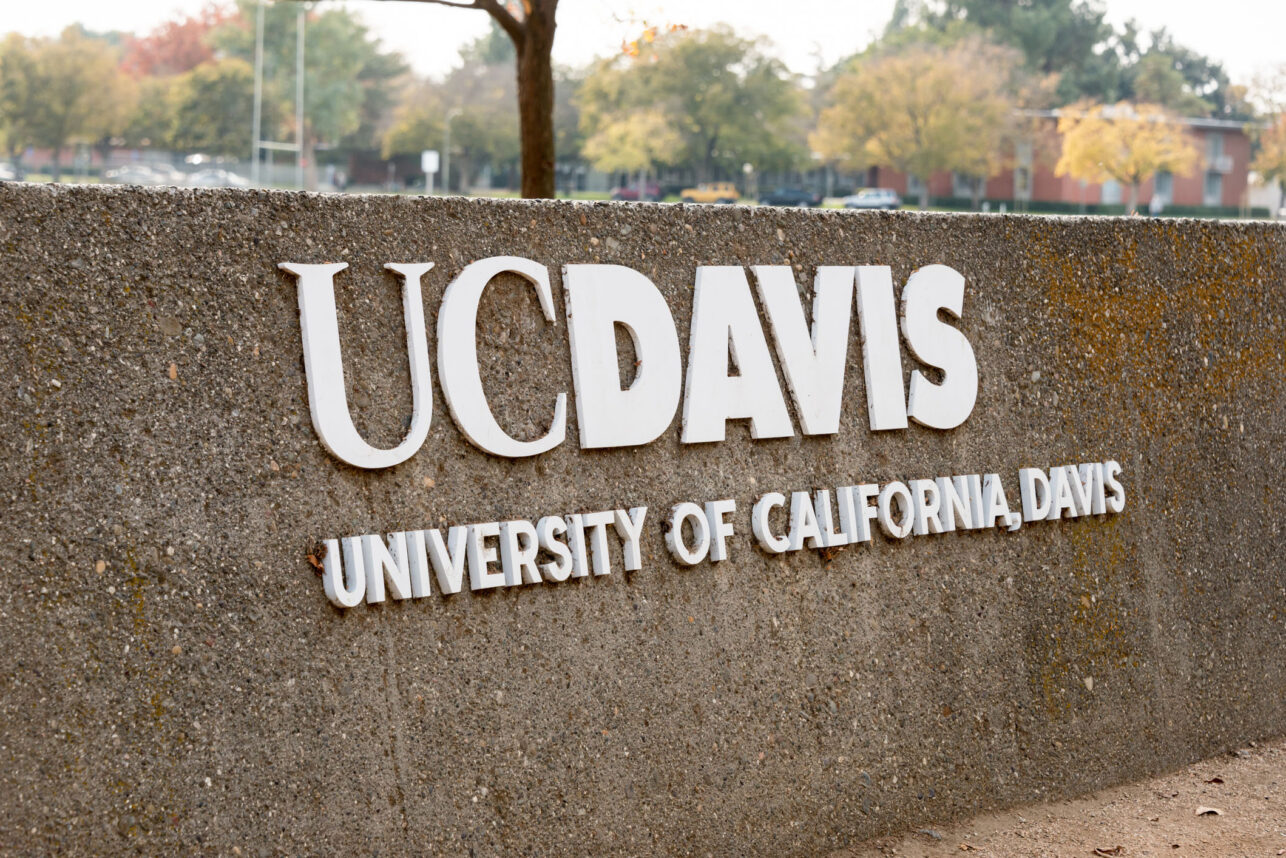
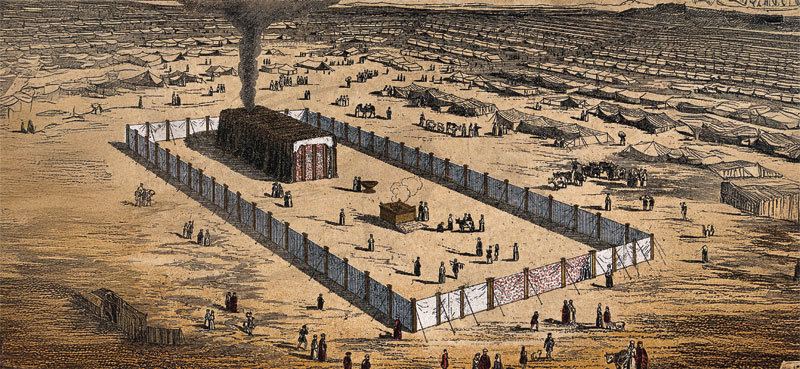
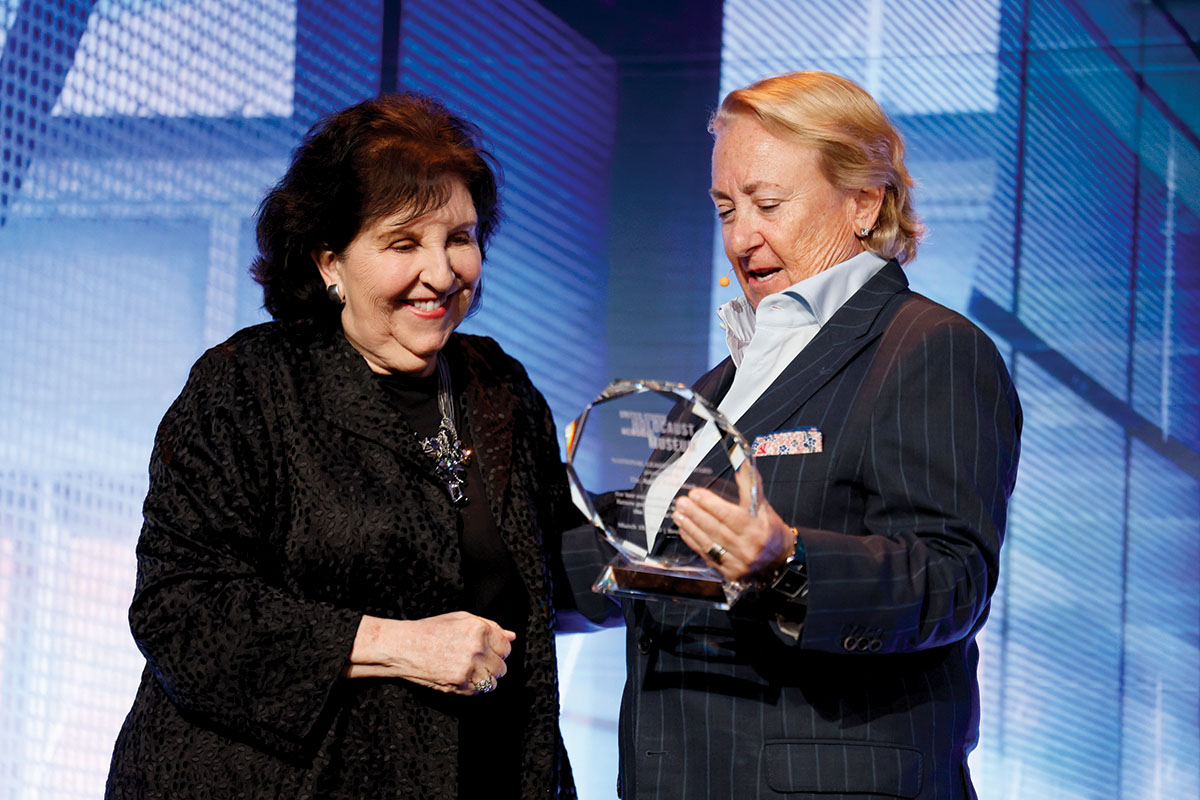


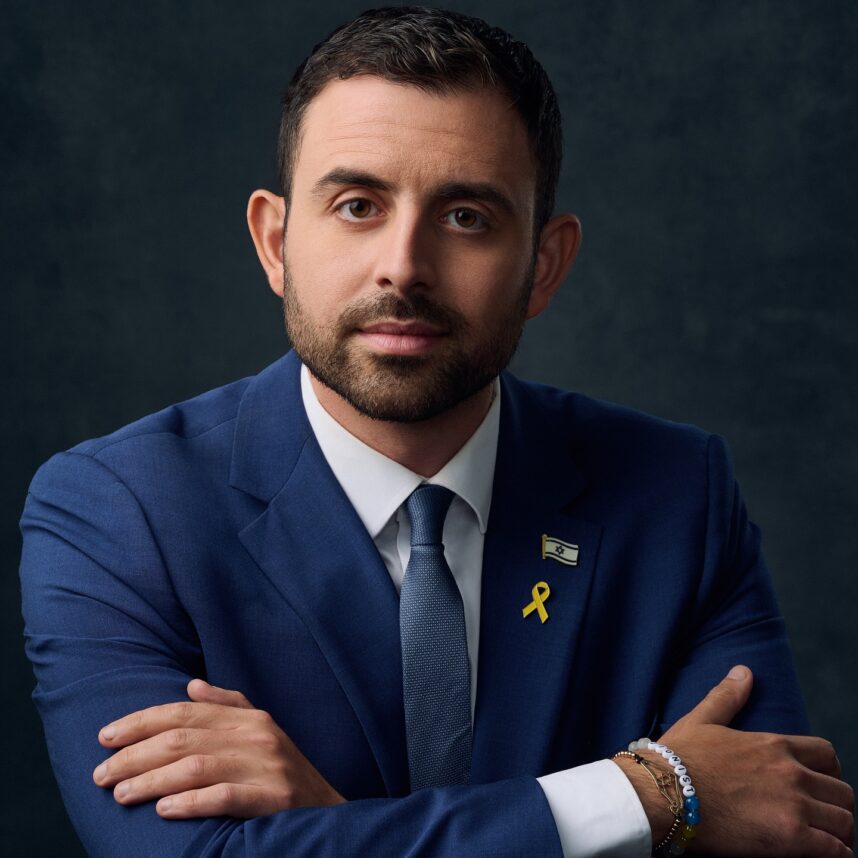







 More news and opinions than at a Shabbat dinner, right in your inbox.
More news and opinions than at a Shabbat dinner, right in your inbox.